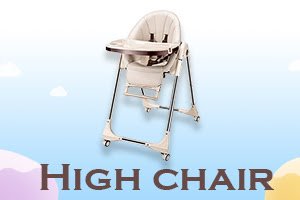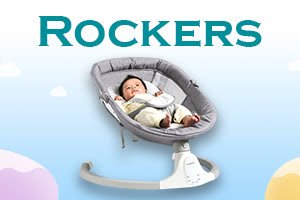Why Rice Cereal Isn’t the Healthiest Choice For Your Baby

Assume you’ve lately discovered that your child is showing symptoms of being ready to begin solid foods. You’re getting ready to go on this new and exciting journey together. While you recognize that breastfeeding and/or formula will continue to be your child’s major sources of nutrition for some time, you also recognize that a solid introduction is a significant milestone. Now you’re wondering where to start. What kinds of meals should you have on hand, and what consistency should they have? How much and how often do you give? Are there any meals you should limit or avoid completely?
Why Should You Stay Away From Rice Cereal?
There are a lot of issues surrounding children’s early nutrition, and this page answers a lot of them. Newfound knowledge allows us to build evidence-based standards for what pediatricians propose to parents as additional research is done. It also aids in directing the adjustments we need to make in our current practices. A good example of this is when research revealed alarming amounts of arsenic in rice cereal and the consequent changes in intake recommendations.
Concerns about Arsenic Levels
Arsenic is a naturally occurring element that can be found in water, air, and soil. It frequently pollutes rice-growing areas, and rice absorbs it better than most other grains. Because arsenic accumulates in the rice bran, brown rice contains more arsenic than white rice. High amounts of all of these metals in our air, water, and soil are most likely due to runoff or pollution from chemicals used in manufacturing and farming in the India and around the world.
Arsenic is a recognized human carcinogen, meaning it has been related to malignancies of the skin, lung, liver, kidney, and bladder. It also puts a child’s developing brain at risk. Based on epidemiological studies, including food exposures, inorganic arsenic exposure may cause a child’s performance on some developmental tests that measure learning to suffer. It’s harmful to everyone, but babies are more sensitive.
Use caution and keep your exposure to a minimum.
This is alarming information, but it is unlikely to be a new problem or one that is specific to one brand. We’ve known for a long time that arsenic is leached from the soil, resulting in high amounts of arsenic in rice grain. These metals are most likely in the meals themselves, not in the processing. It’s likely the same if you eat the foods, mash, purée, or jars of purée. Arsenic and other heavy metals can be found in a variety of foods, so it’s something to be aware of. It’s also worth looking into from an agricultural standpoint to ensure excellent practises. In 2016, the FDA proposed an “action level” for inorganic arsenic of 100 parts per billion (ppb) after nearly half of all newborn rice cereals were found to be near the limit. This ceiling was set in August 2020.
This is one of the reasons why many of us who care about children are committed to ensuring that our children are protected by robust environmental legislation and policies. At this time, there is no necessity to test your child for heavy metals. However, there are steps you can take to cut down on your consumption and help limit your exposure. Like so much of parenting, this is a “do the best you can within reason” situation.
Instead, here’s what you can give your infant.
When introducing new foods to families, I advise them to focus on diversity rather than quantity. If your child is consuming infant cereals, you should provide a variety of grains, such as oat, barley, and multi-grain, rather than only rice cereal. When you eat a wider variety of foods, you have a lower chance of being exposed to excessive levels of heavy metals.
The AAP recommends using oatmeal instead of rice cereal if your child has swallowing difficulty (dysphagia) or gastroesophageal reflux illness and needs cereal thickeners added to formula or breastmilk. It is not suggested that caregivers put baby cereal in a bottle unless specifically instructed by your child’s paediatrician or a feeding professional. This may cause your baby to choke, as well as increase the amount of food they ingest and lead to excessive weight gain.
If you know better, you’ll be able to do better.
Do not be alarmed if your youngster has been eating rice as a staple food up until now. Many intelligent, developmentally appropriate, and healthy people have been fine consuming rice for years. Instead than instilling fear, my goal is to raise awareness and share this information with you. When you know better, you can do better, as the saying goes. The past cannot be changed. Instead, continue to do your best to limit your child’s exposure and provide a healthy, balanced diet.

























Leave a Reply
View Comments